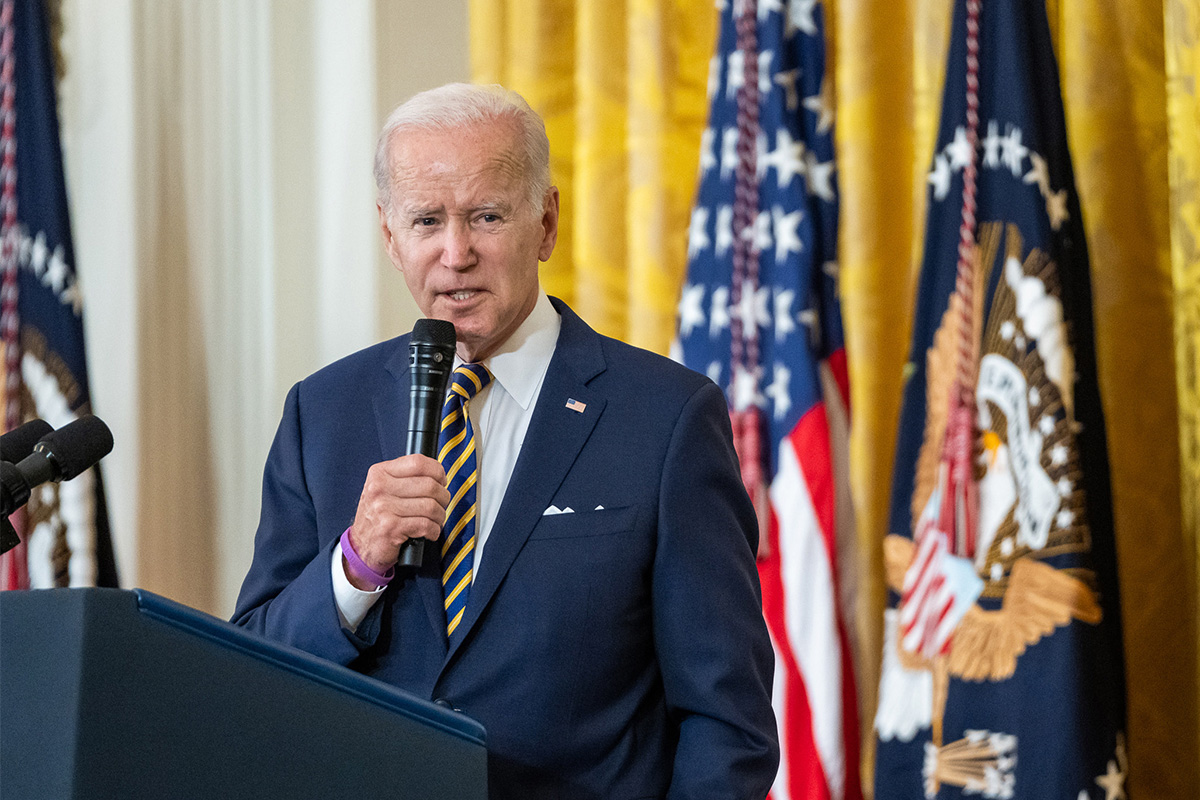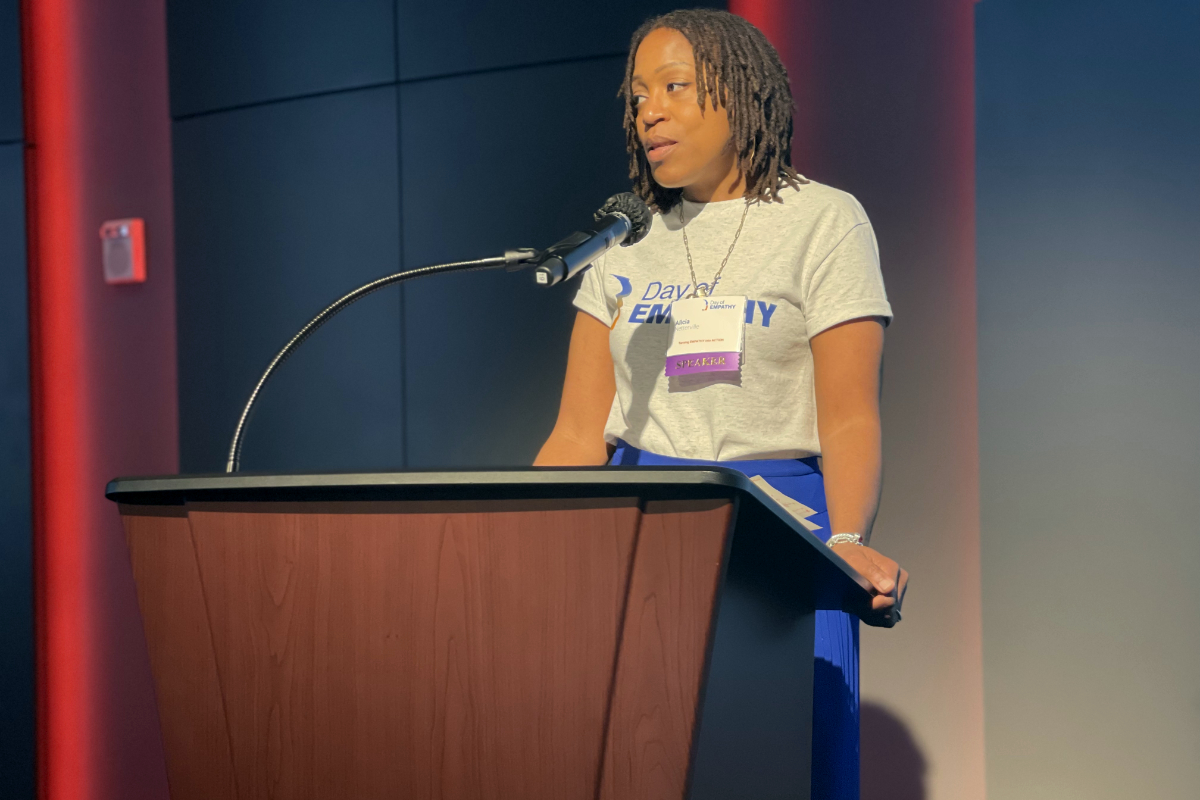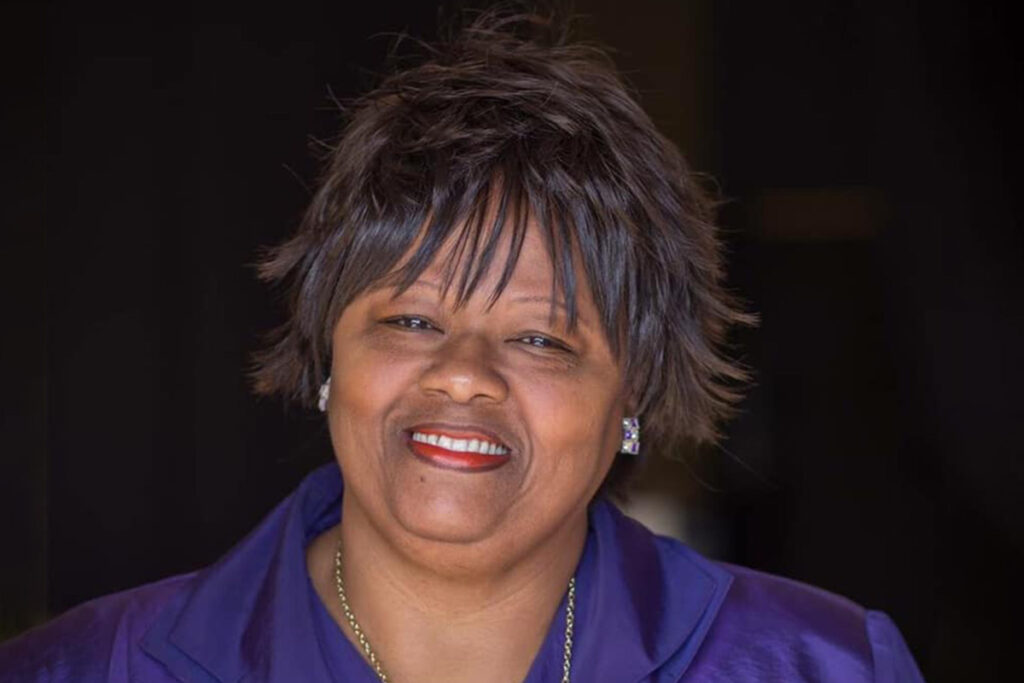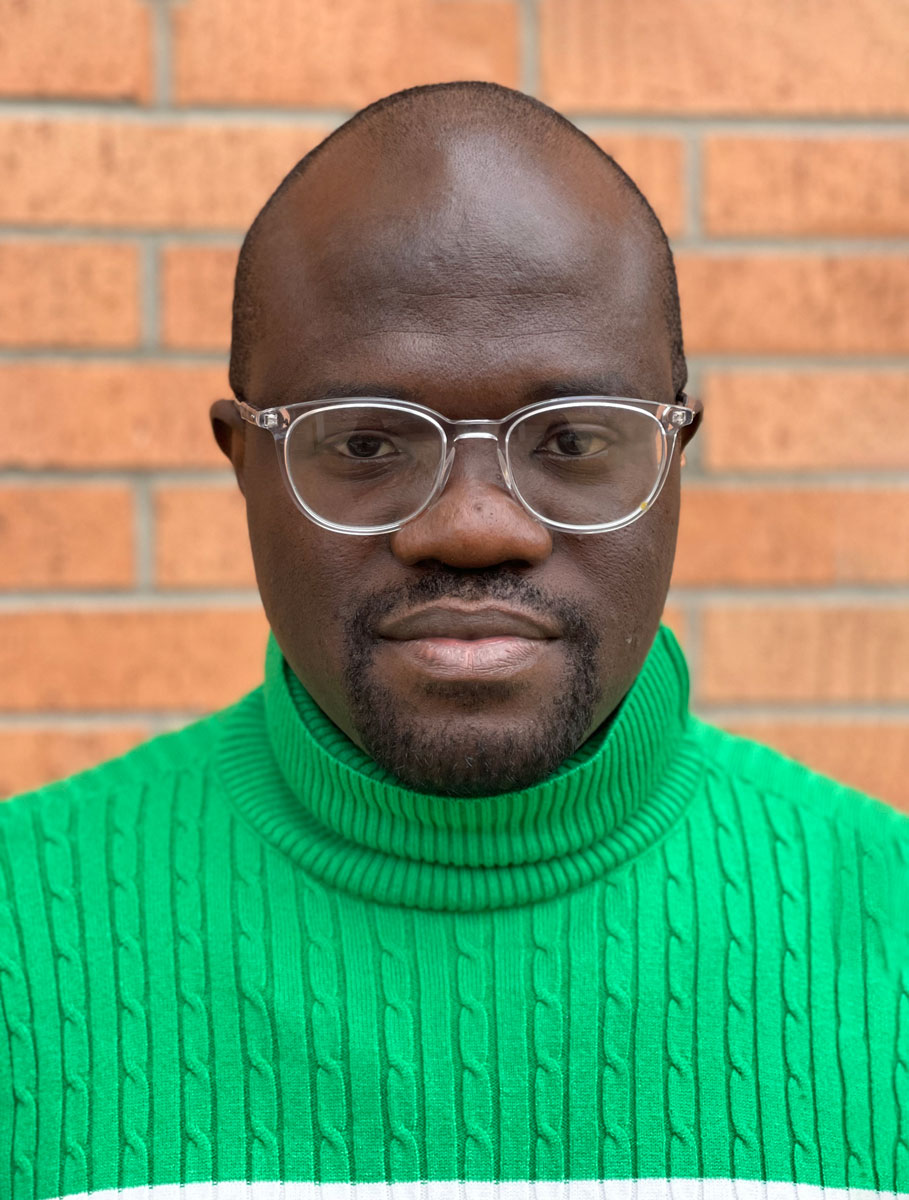President Joe Biden’s Oct. 6 decision to pardon all American citizens convicted on simple marijuana possession charges is “long overdue,” RECH Foundation founder Pauline Rogers told the Mississippi Free Press. The RECH Foundation is a Jackson, Miss.-based re-entry organization.
“Marijuana has long been too punitive and is legal in so many (places), and in the United States, to have people still locked up for marijuana cases, and people are making money off the same thing that they’ve got people sitting in prison for, is not right,” she said on Oct. 10. “So this is definitely a first step in the right direction, and I hope that governors will follow suit by granting clemencies and pardons to people with (state) marijuana offenses.”
The pardons do not include Americans charged under state laws for simple possession of marijuana, which makes up the majority of such charges, because only governors can issue pardons for state crimes. Presidential pardons forgive, but do not expunge, federal crimes nor signify innocence.
“It does, however, remove civil disabilities—such as restrictions on the right to vote, to hold office, or to sit on a jury—that are imposed because of the pardoned conviction,” the U.S. Department of Justice explained on its website following Biden’s pardons. “It may also be helpful in obtaining licenses, bonding, or employment.”
In a video statement on Oct. 6, President Biden said criminal convictions for marijuana possession have imposed needless barriers to employment, housing and educational opportunities.” He urged governors to follow his lead in pardoning people with similar convictions, arguing that “[j]ust as no one should be in a federal prison solely due to the possession of marijuana, no one should be in a local jail or state prison for that reason, either.”
The Mississippi Free Press first reached out to Gov. Tate Reeves’ office for comment on Oct. 10, but has not received a response. Mississippi became the 37th state to legalize medical marijuana in 2022, allowing qualifying Mississippians to obtain up to 3 ounces of the product per month for medical use. In Mississippi, marijuana possession can result in a $100 fine or up to 20 years in prison, depending on the amount.
“[S]ending people to prison for possessing marijuana has upended too many lives and incarcerates people for conduct that many states no longer prohibit,” Biden said. He added that the federal government will “initiate the administrative process to review expeditiously how marijuana is scheduled under federal law.”

The White House said the policy could affect about 6,500 people federally charged with the offense with thousands more from the District of Columbia, the Philadelphia Enquirer reported.
The U.S. Department of Justice stated that the “proclamation pardons only those offenses occurring on or before October 6, 2022. It does not have any effect on marijuana possession offenses occurring after October 6, 2022.”
“In the near future, the Office of the Pardon Attorney will make available a short application form for individuals seeking a certificate of pardon, along with instructions for completing the application,” the DOJ added.
Marijuana is a federal Schedule I substance. The U.S. Drug Enforcement Administration describes drugs of that classification on its website as having “no currently accepted medical use and a high potential for abuse.” The DEA lists heroin, lysergic acid diethylamide (LSD), and ecstasy as other examples of Schedule I substances.
While Mississippi public defender André de Gruy supports the reclassification of marijuana, he also said he believes no one should be in jail for simple possession of any drug.
“I don’t think simple possession of anything needs to be a felony,” de Gruy told the Mississippi Free Press earlier this month. Most drug possession cases in Mississippi end up as felony charges, addictionblog.org reports.
“They need to get marijuana off of Schedule I,” de Gruy added. “It just doesn’t belong there because it has medicinal purposes that even Mississippi’s recognized.” Removing marijuana from Schedule I could dramatically affect how it is treated by federal law enforcement, make it easier for scientists to study its medicinal properties and even open the door to federal decriminalization.
In a statement, FWD.us Director of Strategic Initiatives and National Programming Rena Karefa-Johnson said the president’s move in this matter is “a long overdue correction towards justice.” FWD.us is a criminal-justice reform advocacy organization.

“There is much more to do to acknowledge and remedy the devastating, multi-generational consequences of the failed War on Drugs, and we hope this is the first of many more actions from the Biden administration,” she explained. “Draconian drug-enforcement policies and the incendiary, racist rhetoric upon which they were built targeted Black and Brown communities, filled federal and state prisons and local jails, and did nothing to stem the availability of drugs or to advance public safety.”
“Despite equal rates of use, Black people are arrested for marijuana possession at nearly four times the rate of white people,” she added. “The President’s push to reclassify the drug, pardon all prior federal possessions, and his call for Governors to do the same is just a start.”
The American Civil Liberties Union analyzed the racial differences regarding incarceration for marijuana possession between 2010 and 2018 and released the report in 2020. The report states that Black people are 3.64 times more likely than white people to be arrested for marijuana possession despite comparable marijuana usage rates.
“Additionally, although the total number of people arrested for marijuana possession has decreased in the past decade, law enforcement still made 6.1 million such arrests over that period, and the racial disparities in arrest rates remain in every state,” the report continued.
FWD.us also noted that President Biden’s pardon for federal simple marijuana possession charges “excludes many immigrants and others who have and still are suffering from extreme federal drug sentences for other drug-related offenses.”

Alicia Netterville, who runs a social-advocacy organization, Acclivity Group, LLC, shared the sentiment that the president’s move was “long overdue” and called for further action to “dismantle the war on drugs that has led to mass incarceration.”
“We do know that in Mississippi, a great deal of people are incarcerated on drug charges,” she told the Mississippi Free Press earlier this month. “And if we are going to see a wave of legalization of marijuana, be it recreational or medical, then the law needs to reflect that change.”
In an interview with the Mississippi Free Press on Oct. 10, 2022, former FBI special agent Christopher Freeze emphasized the need to examine why people become marijuana dependent. “I contend that most of the time, it has something to do with some type of trauma or emotional pain that you’re trying to numb, just like with alcohol or other drugs,” he said.
Freeze said it is “equally or more important” to “follow up with treatment or other types of programs to help people deal with issues in their life to reduce stress, burnout, and anxiety.”










